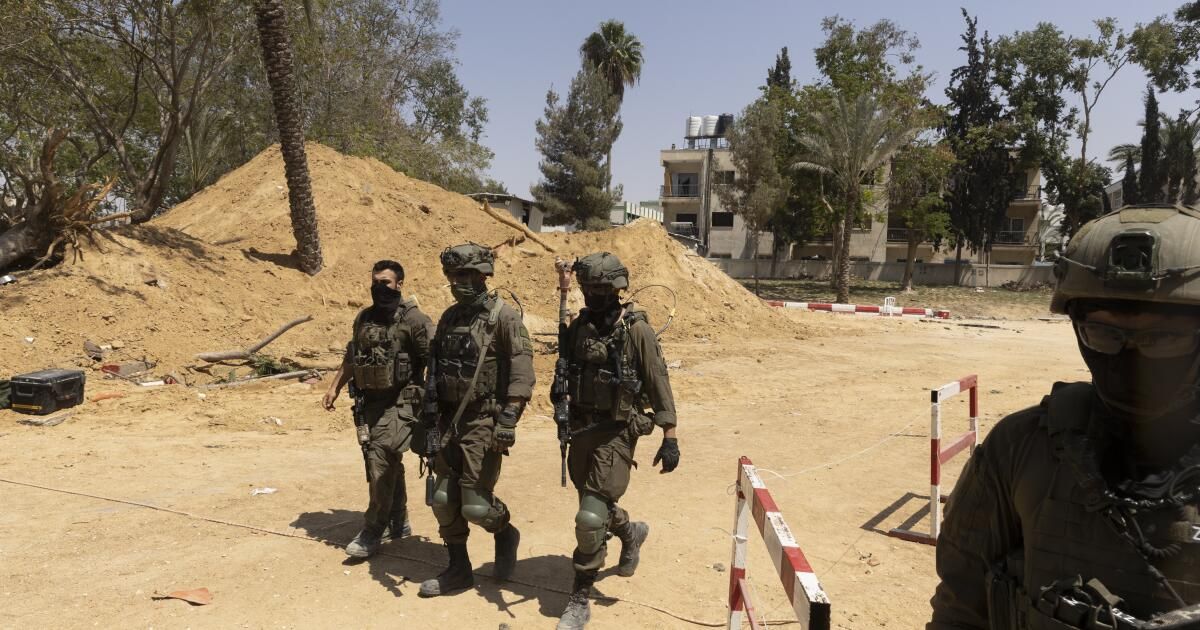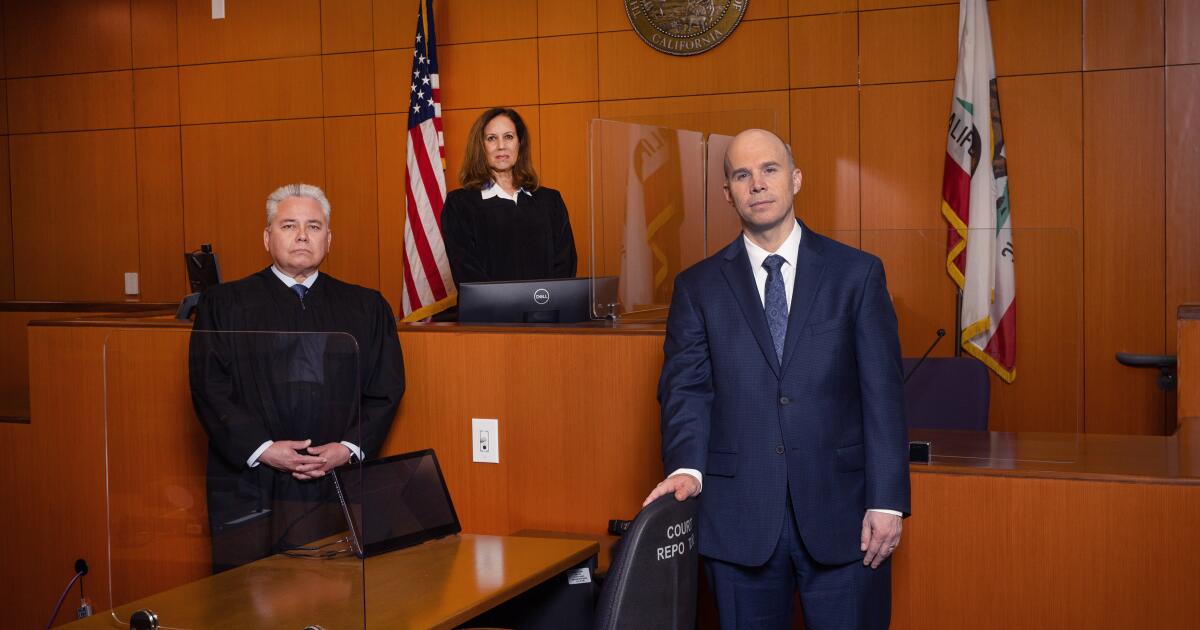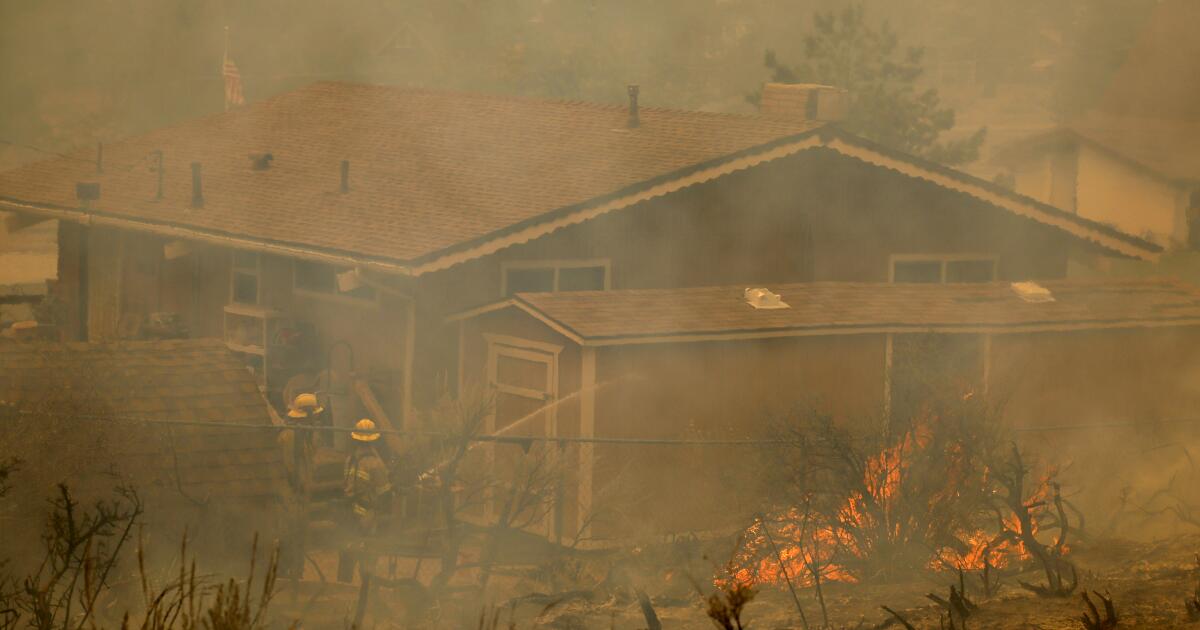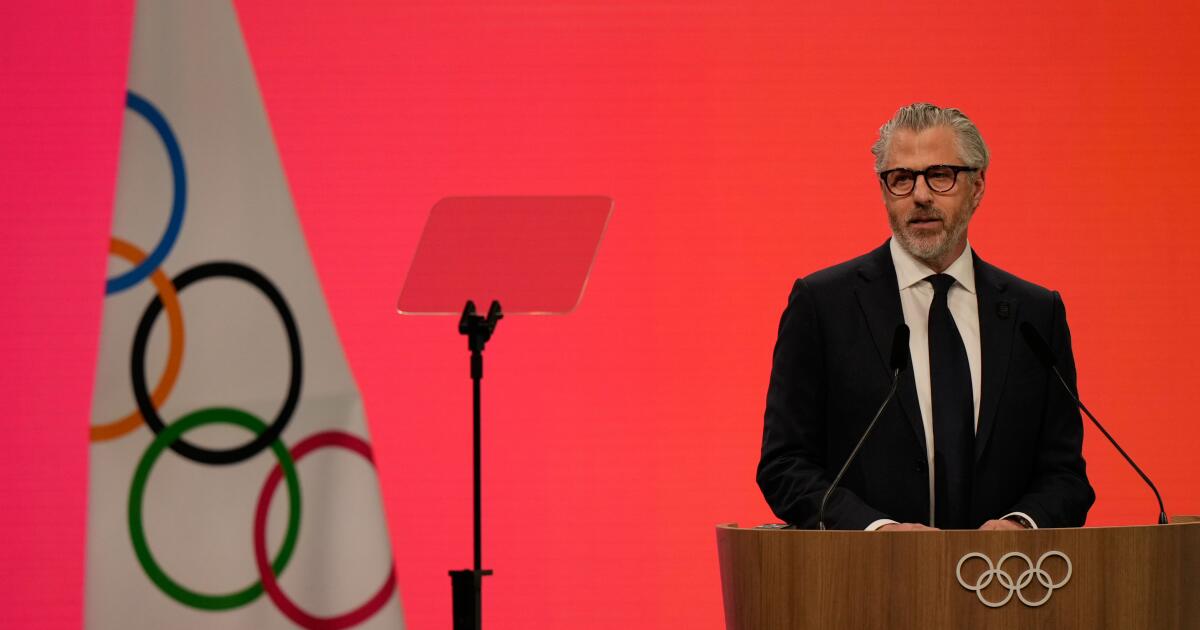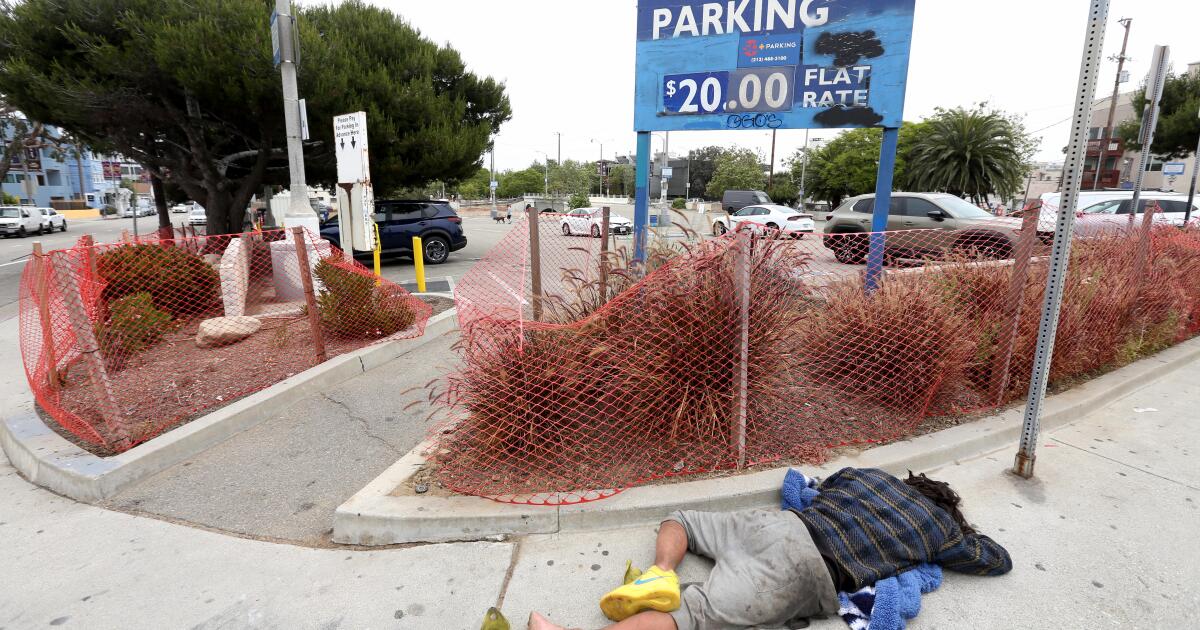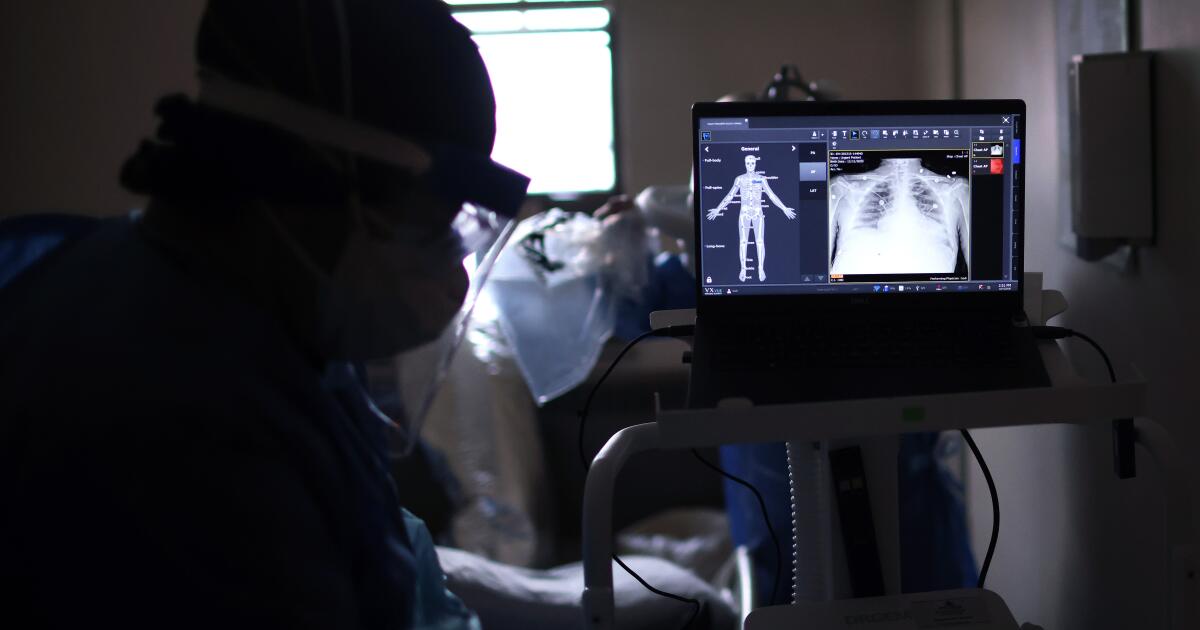The press gaggy gathered last month by the Israeli government at the crossing of Kerem Shalom in Gaza could see the concrete walls that are covered through the sandy and debris dunes, the Israeli watches towers and a couple of army vehicles they drive.
This is as close as foreign journalists have been able to reach Gaza, apart from the rare trips carefully organized by Israel's defense forces to the Strip, where journalists are told not to talk to any Palestinian, in the unlikely possibility that they are in any place surrounded by the Israeli army.
A journalist asks Israel's Vice Minister of Foreign Affairs, Sharen Haskel, why he is not allowed to enter the press.
“If I were a reporter, I would verify my facts,” he replies, dodging the question.
The journalist goes back, arguing that this is exactly why the foreign press demands access.
“You see Gaza, it is a very dangerous area,” says Haskel, without a trace of irony since the greatest danger to the media in Gaza is Israel. The committee of protecting journalists has registered almost 200 journalists and media workers killed by Israel since October 7, 2023, with at least two dozen murders determined by the committee as deliberate murders.
Gaza journalists not only have to dodge death to inform. There are often communications blackouts, or telecommunications systems decrease due to lack of fuel or because fiber lines are cut, usually by Israeli bombardments.
During the summer, for example, the Telecommunications teams in Gaza had only managed to restore connectivity to the damaged fiber routes that had cut the city of Gaza and the north for almost a week before the lines in the south and center of Gaza are frowned.
But despite all their efforts, despite all the emotional cost through which Palestinian journalists pass, their reports are often discredited and dismissed, not only by Israel and their followers, but often by their colleagues in foreign media, trapped abroad, unable to see for themselves and unable or not willing to go back in the lines of Israel.
Again and again, Israeli officials have repeated statements that cut the Palestinian press body of Gaza, claiming in some cases that they are members of Hamas or reject their reports as partial and questioning what they are witnessing and risking their lives to share with the rest of the world.
In an example of this, Israeli government spokesman David Mercer said in a recent interview on a British television network: “Every news that comes out of Gaza is controlled by the terrorist organization.” Then he gave an anchor conference on how journalists must verify and do their job.
Before October 7, during the previous “climbs”, foreign journalists have signed exemptions that absorb Israel of any responsibility for their safety. I have done this in my previous journalism work, as a senior correspondent with CNN.
I have been in Gaza four times with my beneficial organization, the International Network of Help, Relief and Assistance, since October 7, before Israel denied the entrance to me earlier this year, without any reason. It is worth noting that the entry denials for humanitarian and medical missions are up to 50% and humanitarian organizations are now subject to a vague rhetoric that warn them that they do not “delegitimize Israel” or risk the denial of their staff and help trucks.
If the foreign press had allowed Gaza, journalists would have seen what we all see when we are on the floor there, they would have seen and heard what Palestinian journalists have been informing all the time.
They could have counteract Israel's statement that “Hamas is stealing the aid”, after witnessing the gangs of the looters in the “red zone” and understood that they are not and could not be Hamas, outdoors in an area that is under Israeli control with drones with drones constantly buzzing on their above.
They would have visited malnutrition centers and hospitals and have seen children breathe for the last time as their bodies fad declared a famine From last month. They would have seen the moor of apocalyptic destruction, the pain in people's eyes, the fear that simply undulas through the population.
They would have a first -hand understanding of Israel's absurd telling people to evacuate “safe areas” with false promises of “shelter, food, water and medical care.”
I had almost two decades as a journalist who reported from some of the most challenging areas in the world from Syria to Afghanistan, and I have not yet fulfilled a government or regime that denies the entry of journalists when it has nothing to hide.
It is not that we do not know what is happening in Gaza; We know, of the reports of the Palestinian journalists. But Israel's narrative lends more credibility than those of the people who live and presence them. This is not a new phenomenon; For decades, the Palestinians have been systematically dehumanized, their descent journalistic work. That perspective permeates the perspective of many abroad, especially in Western, Press Corps.
If they were allowed to enter, what would see in a matter of minutes would take a deck to assumptions about Palestinian journalists and the credibility of the Israeli narrative.
Arwa Damon, former senior international correspondent of CNN, is the founder of the International Network for Help, Assistance and Assistance And the director of the documentary “Take advantage of the summit. “Unknown: @Iamarwadamon

